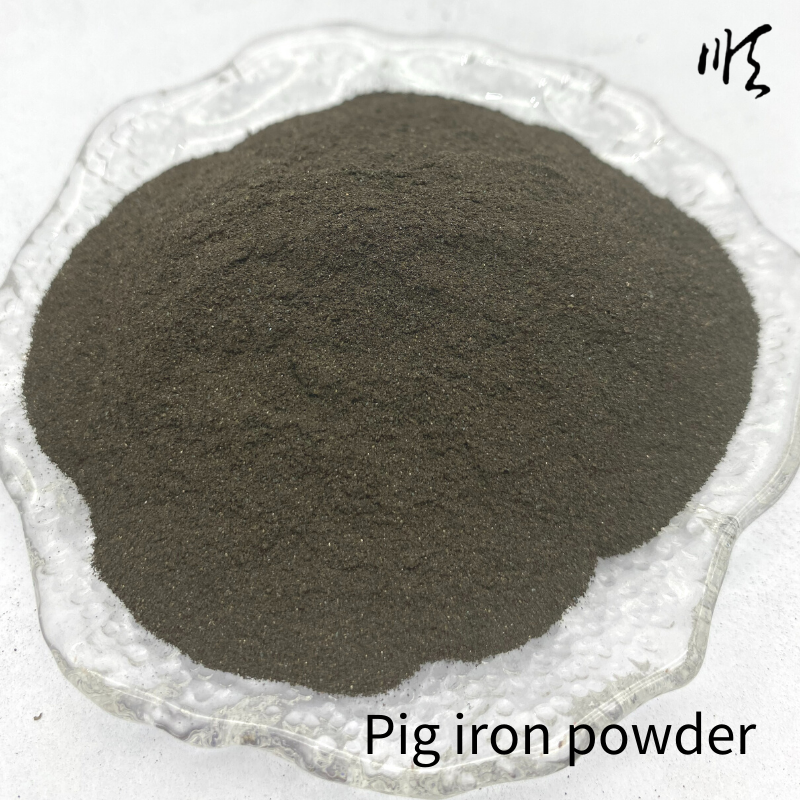
Using Activated Charcoal to Enhance Water Purification and Improve Quality
The Role of Activated Charcoal in Water Purification
Water is a vital resource for all life forms on Earth, and ensuring its purity is essential for health and well-being. One effective method for purifying water is the use of activated charcoal, also known as activated carbon. This remarkable material has garnered attention for its ability to adsorb impurities, making it a popular choice for both commercial water treatment processes and home filtration systems.
What is Activated Charcoal?
Activated charcoal is produced from carbon-rich materials, such as wood, coconut shells, or peat, that are treated at high temperatures in the presence of an activating agent. This process increases the surface area of the charcoal, making it highly porous and giving it a significant capacity to adsorb contaminants. The extensive surface area allows activated charcoal to trap a variety of molecules, including toxins, chemicals, and impurities, effectively purifying water.
How Does It Work?
The water purification process using activated charcoal mainly relies on the principle of adsorption, where impurities adhere to the surface of the charcoal. When water passes through an activated charcoal filter, contaminants such as chlorine, volatile organic compounds (VOCs), and certain heavy metals are attracted to and held by the porous structure of the charcoal. This not only removes unwanted tastes and odors but also improves the overall quality of the water.
Moreover, activated charcoal can help eliminate some microbiological contaminants. While it is not a sterilization method, it can reduce the presence of certain bacteria and viruses to a certain extent. This characteristic makes it an effective pre-filter in water treatment systems, providing an initial layer of purification before further disinfection processes, such as ultraviolet light treatment or chlorination.
Applications of Activated Charcoal in Water Purification
activated charcoal for purifying water

Activated charcoal is widely used in various applications for water purification. In household water filters, such as those found in pitchers and faucet attachments, activated charcoal effectively removes chlorine, sediment, and other chemicals, resulting in better-tasting water. Some advanced filtration systems use a combination of activated charcoal and other filtration methods, enhancing the overall effectiveness in removing pollutants.
Industrially, activated charcoal is employed in large-scale water treatment plants to improve water quality. Its application is particularly significant in the treatment of wastewater and contaminated rivers and lakes. The use of activated charcoal in these systems helps to meet environmental safety standards and protect aquatic ecosystems.
Environmental Considerations
Utilizing activated charcoal for water purification is not only effective but also environmentally friendly. As a sustainable material, it can be produced from various biodegradable resources, reducing the reliance on synthetic chemicals for water treatment. Additionally, when properly sourced and produced, activated charcoal can be a renewable resource.
That said, it is essential to ensure that used activated charcoal is disposed of responsibly. After its adsorptive capacity is exhausted, activated charcoal can potentially release the trapped contaminants back into the environment if not handled correctly. Therefore, developing efficient methods for recycling and repurposing spent charcoal is crucial to minimize environmental impact.
Conclusion
Activated charcoal is a powerful tool in the quest for clean, safe drinking water. Its ability to adsorb a wide range of impurities makes it indispensable for both home and industrial water purification applications. As concerns about water quality continue to grow globally, embracing activated charcoal as a safe, effective, and sustainable filtration option can contribute significantly to improving public health and preserving our precious water resources. Whether in simple home filters or large-scale water treatment facilities, activated charcoal stands out as a beacon of hope for cleaner water.
Share
-
Natural Premium Bentonite Cat Litter - Superior ClumpingNewsJul.31,2025
-
Premium Resin Coated Sand - High Heat Resistance CastingNewsJul.31,2025
-
High Quality Silicon Carbide Grit for Abrasive ApplicationsNewsJul.30,2025
-
High-Quality Ceramsite for Plants & Gardening | Lightweight PebblesNewsJul.29,2025
-
Premium Burgundy Glass Marbles for Vases & Shooter GamesNewsJul.29,2025
-
High Purity Quartz Sand for Industrial and Ground ApplicationsNewsJul.29,2025






